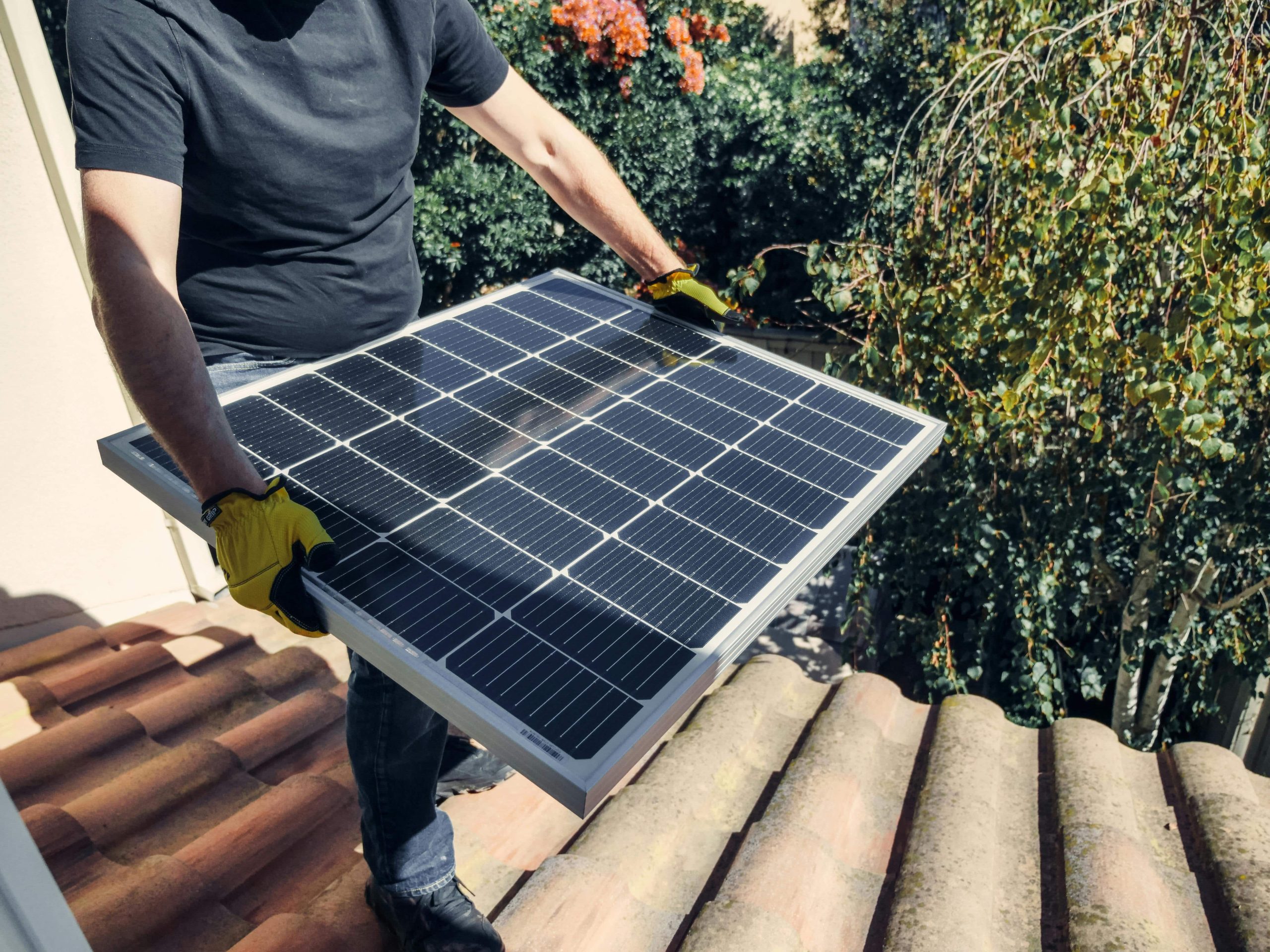Recycling Solar Panels: Life After Death
- recycling, solar
- 22 February 2024

As the world embraces solar energy, the sustainability of solar systems becomes increasingly important. While solar energy is a clean energy source, the end-of-life management of solar panels, or PV modules, presents a significant environmental challenge. This blog explores the journey of solar panels from collection by recycling companies like Ecoactiv to their rebirth, addressing the issue of greenwashing and the importance of proper recycling processes.
The Problem with Solar Panel Waste
The rapid growth of the solar energy industry has led to an increase in panel waste. Unfortunately, a large majority of solar panels are not recycled, or when they are, the process might not always adhere to the highest environmental standards, leading to accusations of greenwashing. This undermines the clean energy narrative and poses a risk to both the environment and the industry’s reputation.
The Recycling Journey
Once collected by a recycling company, the journey of giving solar panels a second life begins. The recycling process involves several key steps:
- Collection and Transportation: Solar modules are collected from various sources, including decommissioned solar farms, residential areas, and commercial establishments.
- Pre-Processing: The panels are assessed for any reusable components. Frames and junction boxes are removed for separate recycling.
- Crushing and Separation: The panels are then crushed, and materials are separated. This step is crucial for extracting valuable materials like silicon, metals, and glass.
- Material Recovery: Through various methods, including chemical and mechanical processes, raw materials are recovered. Silicon can be refined and reused in new solar modules, metals are smelted and repurposed, and glass fragments are cleaned for recycling.
- Purification and Reuse: The recovered materials undergo purification processes to ensure they meet quality standards for their next use. This step is essential for maintaining the integrity of recycled materials.
- Manufacturing of New Products: Finally, recycled materials are used in the manufacturing of new solar panels or other products, contributing to the circular economy.
Benefits of Proper PV Recycling
Recycling solar panels correctly has numerous benefits:
- Conserves Resources: It reduces the need for virgin materials, preserving natural resources.
- Reduces Waste: Proper recycling diverts panel waste from landfills, minimising environmental pollution.
- Supports the Clean Energy Movement: By ensuring that solar energy remains sustainable throughout the lifecycle of solar products, recycling supports the long-term viability of the solar energy industry.
The Role of Waste Management
Effective waste management plays a pivotal role in the recycling process. It involves not just the technological aspects of recycling but also regulatory compliance, ensuring that recycling practices meet environmental standards. Waste management companies work closely with the solar energy industries to optimise the collection, processing, and repurposing of solar panel waste. Ecoactiv is one such business that enables solar installers and end-consumers to recycle their old solar panels, ensuring their raw materials enter the circular economy. Ecoactiv conducts the entire process from collection to purification and reuse right here in Australia.
Towards Sustainable Solar Recycling
The proper recycling of solar panels is essential for maintaining the sustainability of solar energy. By investing in robust recycling processes and waste management practices, the solar industry can mitigate the environmental impact of panel waste, support renewable energy goals, and ensure that solar energy remains a truly clean energy source. As technology and recycling processes evolve, the hope is that more solar panels will be recycled correctly, setting a global standard for sustainability in the solar energy sector.
